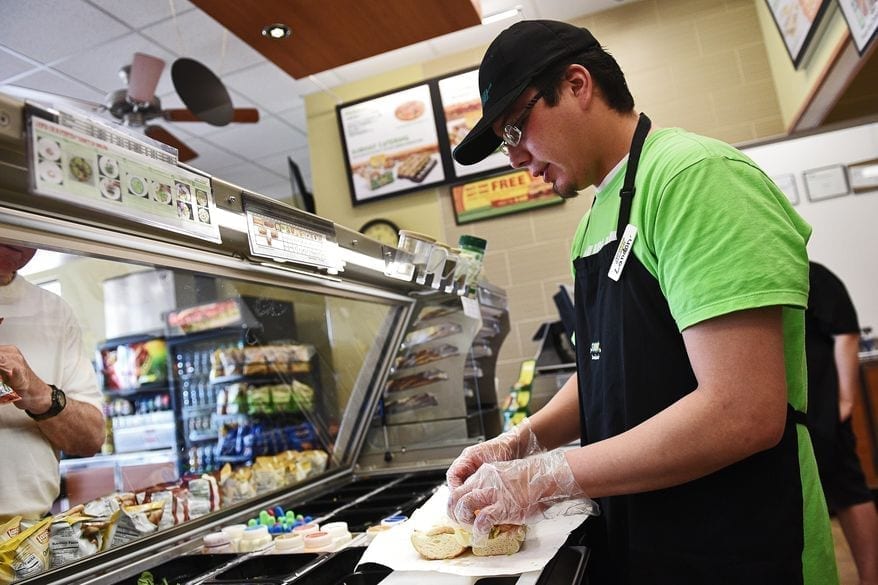After a teenager from Australia visited a local subway shop back in 2013, they measured their “footlong” sub because the size of it looked a bit suspicious. Upon measuring the sandwich, they discovered it was only 11 inches, and after posting an image of their sandwich on Facebook to inform family and friends of the false advertising, they proceeded to file a lawsuit against the sandwich shop. As many stories go in the Facebook era, the post went viral and prompted many others to file lawsuits against Subway until a “single class-action complaint” was filed.
It’s happened to many people across the country. After a trip to subway and ordering a footlong sub, some in the past have found their sandwich a bit smaller than the advertised “foot long.” After a teenager from Australia visited a local subway shop back in 2013, they measured their “footlong” sub because the size of it looked a bit suspicious. Upon measuring the sandwich, they discovered it was only 11 inches, and after posting an image of their sandwich on Facebook to inform family and friends of the false advertising, they proceeded to file a lawsuit against the sandwich shop. As many stories go in the Facebook era, the post went viral and prompted many others to file lawsuits against Subway until a “single class-action complaint” was filed.
How did Subway respond to the accusations, though? Well, initially the company “resolved the lawsuits by promising to ensure its sandwich rolls measure as advertised and pay $525,000 in legal costs to the plaintiffs plus $500 apiece to the 10 customers who led the lawsuit.” However, once Ted Frank, the director of the Competitive Enterprise Institute’s Center for Class Action Fairness, learned about the lawsuit, he joined the case and filed an appeal.

As a result, a federal appeals court composed of a “three-person panel of the Seventh Circuit Court of Appeals” sided with the appeal and rejected the class-action settlement “between the Subway sandwich chain and customers who sued.” As far as settlements go, it would have largely favored the lawyers representing the 10 customers that made up the class-action suit. Considering each of the class-action members would have only received $500, but the lawyers would have received “hundreds of thousands of dollars in attorney’s fees,” Frank and the appeals court felt the settlement was inadequate and unfair. In a statement, Circuit Judge Diane Sykes wrote on behalf of the panel, “A class action that seeks only worthless benefits for the class and yields only fees for class counsel is no better than a racket and should be dismissed out of hand. That’s an apt description of this case.”
Additionally, Frank even said during a recent interview with Reuters:
“This is exactly the opinion we were hoping for. It affirms the principle that when attorneys bring class actions to benefit only themselves, it’s an abuse of the system, and courts should not tolerate it.”
Sources:
Appeals court rejects ‘worthless’ Subway foot-long settlement between sandwich chain and customers


Join the conversation!